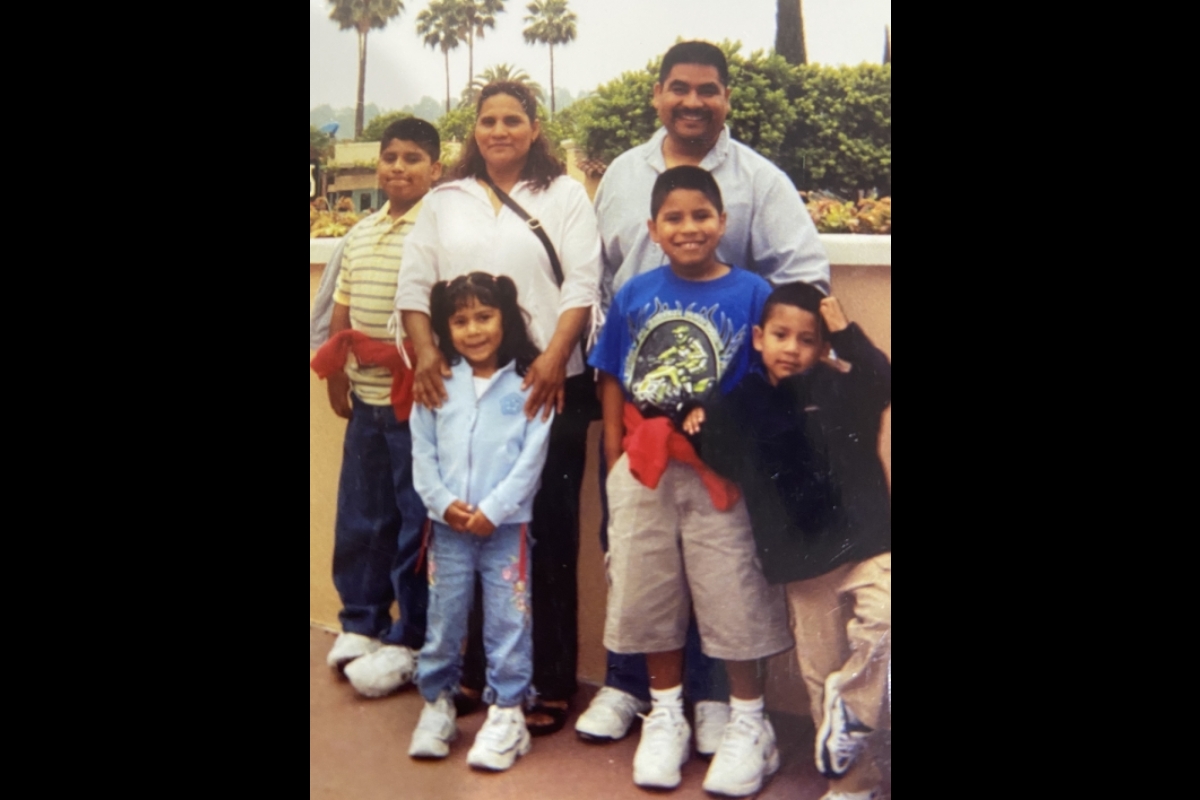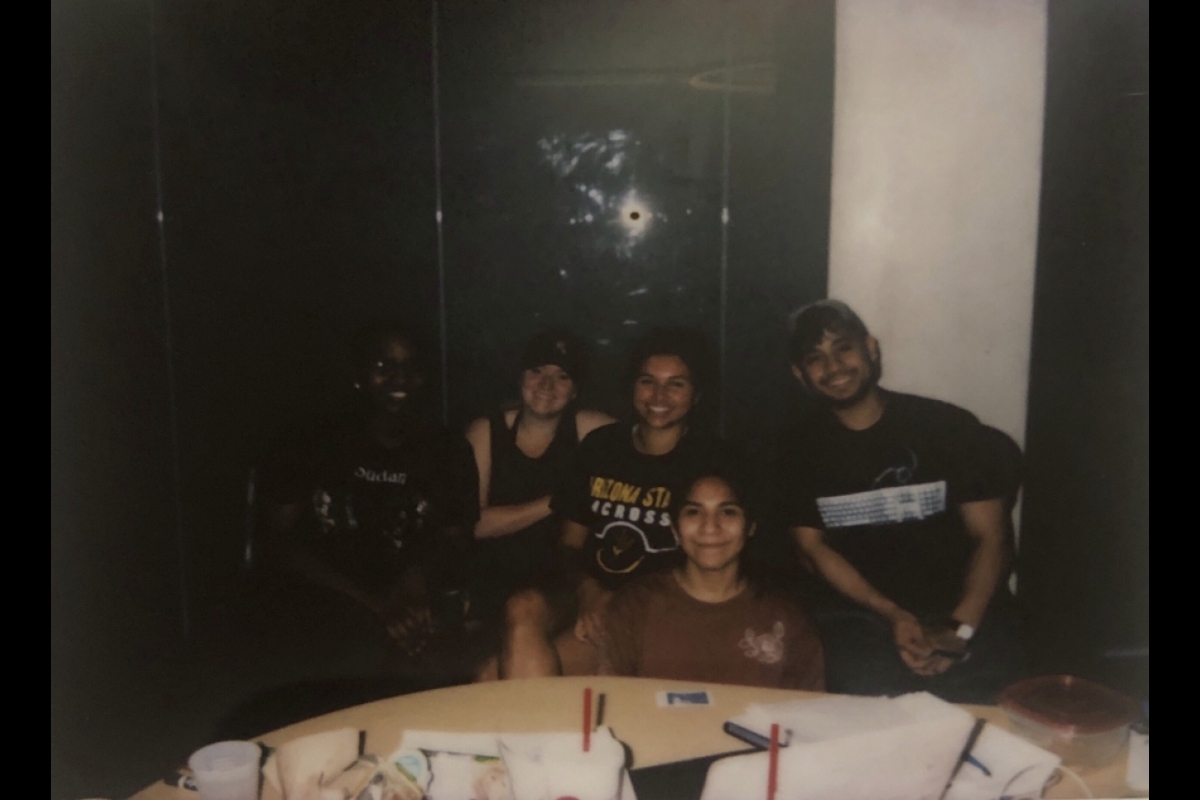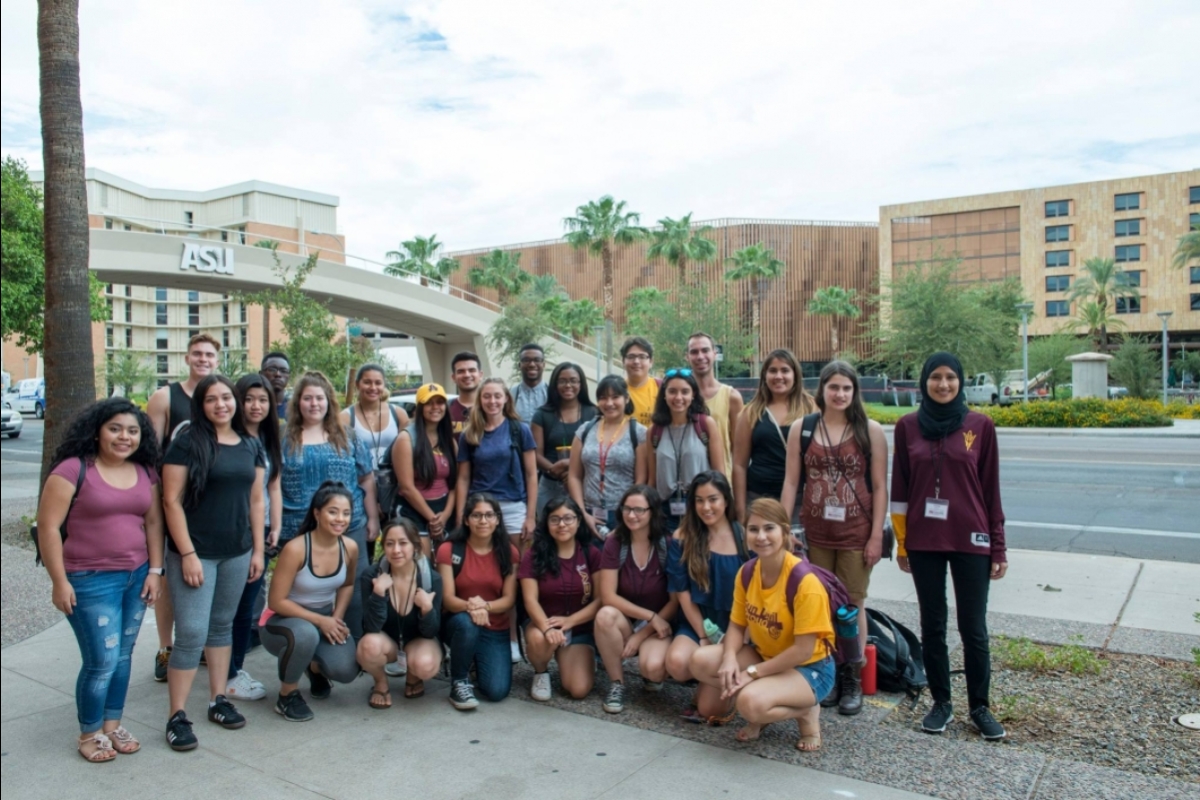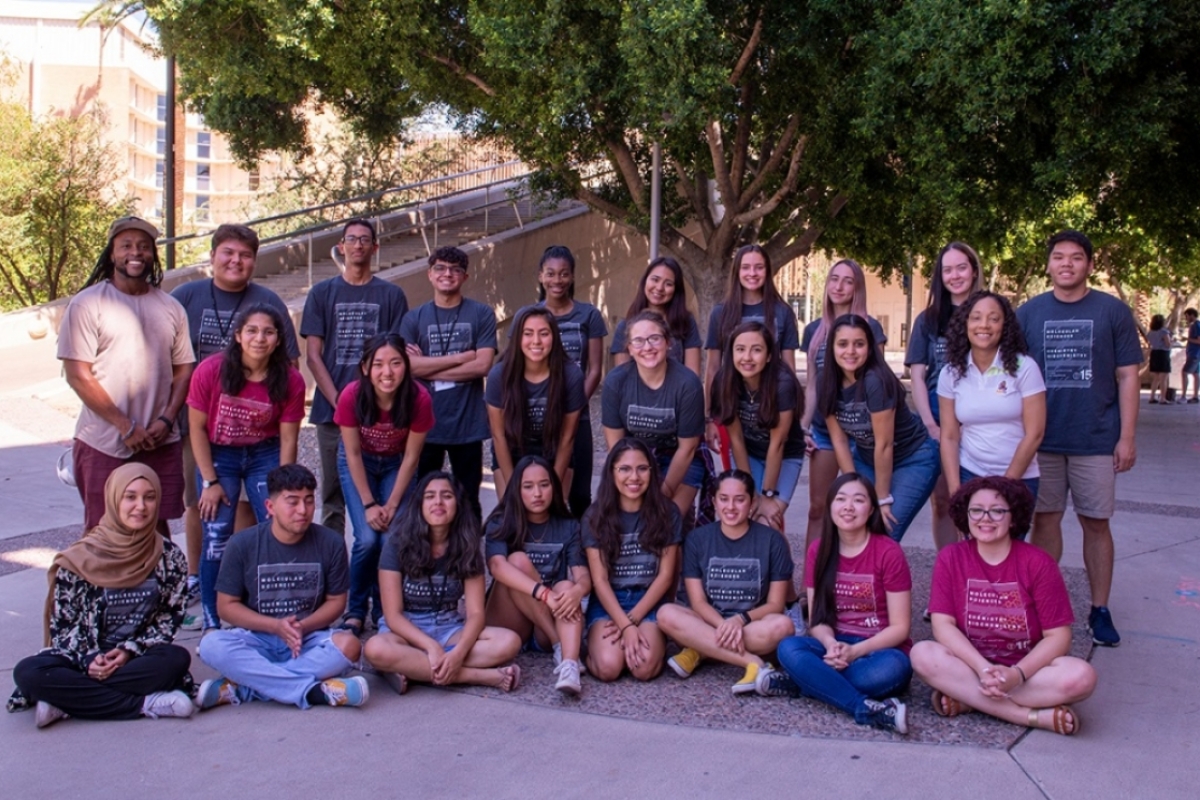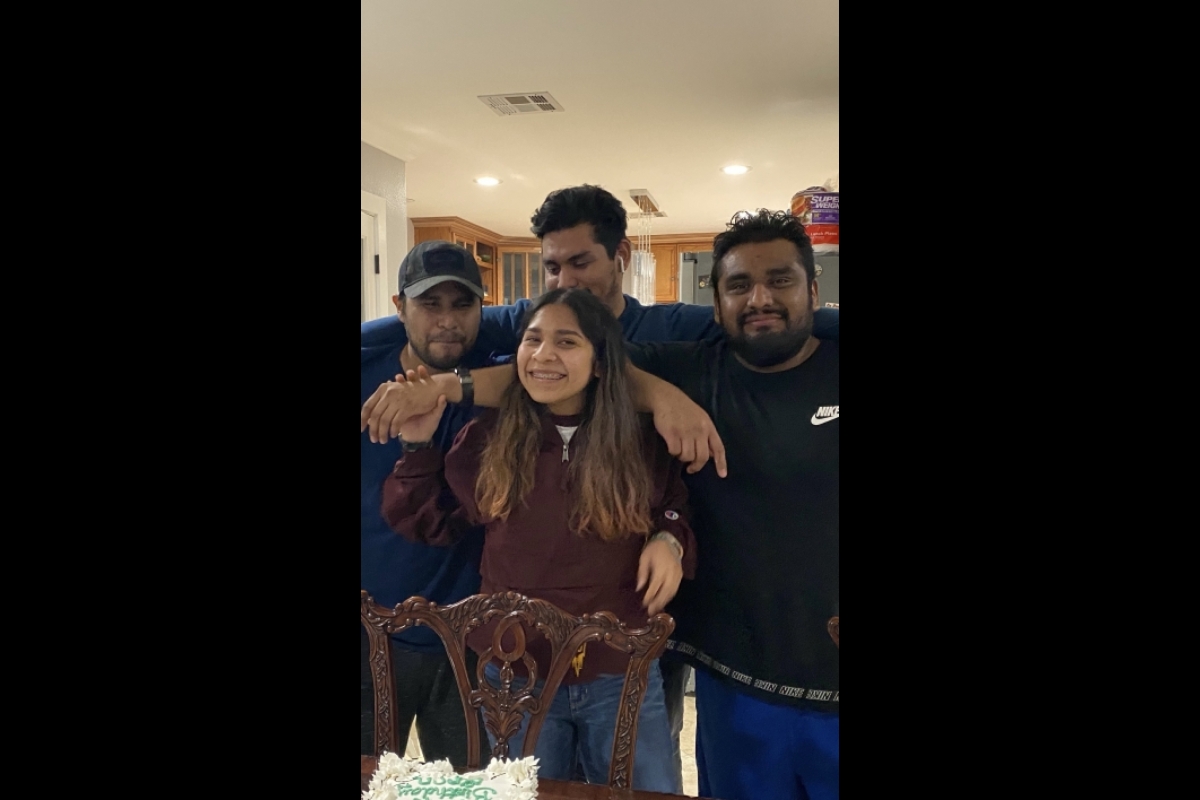From Early Start to graduation, first-generation student makes her way

Catalina Lopez Jimenez
Editor's note: This story is part of a series of profiles of notable spring 2021 graduates.
Going to university after high school can be very overwhelming, especially for students whose parents have not attended college. It is challenging to navigate these new experiences on their own.
So when Catalina Lopez Jimenez received an email about the Early Start program at ASU, which allows students to start school two weeks in advance and learn how to prepare for coursework, she was delighted and signed up immediately.
"When I participated as a student, I remember the first day being so nervous and excited,” said Lopez Jimenez. Moved by this experience, the Early Start program allowed her to make lifelong friends and prepared her to excel in her freshman year through the support of mentors and faculty.
“The Early Start program pushed me out of my comfort zone and allowed me to grow tremendously as a student,” she said.
Her experience was so memorable that when Orenda Griffin, assistant director of academic services at the School of Molecular Sciences, invited her to become a mentor in her junior year, she accepted without hesitation.
“Catalina was a bright spot in the Early Start program in the fall of 2017. Her peers looked to her for guidance and she quickly became acclimated to her new Sun Devil family," Griffin said. "She worked as an Early Start peer mentor in the summer of 2019 and displayed many leadership qualities throughout that assignment. We are very proud of her accomplishments here at ASU.”
Upon coming to ASU as a first-generation student, Lopez Jimenez received the Obama Scholarship and The New American Scholarship, which helped alleviate financial burden and allowed her to focus solely on doing well academically.
“I’m grateful to have had these scholarships because they helped me attend ASU for all four years without the stress of having to worry about paying for books, fees and tuition," Lopez Jimenez said. "I felt fortunate to have been able to focus on my studies, enjoy my time as a student and get involved in other activities in school.”
It can be daunting growing up in a low-income family and not knowing if you will be able to afford to attend college without taking out loans. However, these scholarships were invaluable and have helped her to graduate debt-free. Lopez Jimenez was overwhelmed with the support she received and knew that others were rooting for her success throughout her college journey.
Lopez Jimenez is graduating this spring with a bachelor’s degree in biochemistry from the School of Molecular Sciences. Her plan after graduation is to grow her work experience in the lab setting, with a focus in clinical, research and criminal investigation labs. In the future she plans on attending graduate school to further her education. Although she is unsure of what exactly she would like to do, she knows that it will be in a field that can help contribute to her community, whether as a physical therapist, physician assistant, forensic scientist or biological scientist.
"I hope that what I choose as my career will inspire younger generations to pursue a career path they feel passionate about,” she said.
Question: What motivated you to attend college?
A: My parents could not finish elementary or middle school due to having to support their own families at a young age. That is why I wanted to make my parents proud by attending college as I am their American Dream. Their support and hard work has encouraged me to get so far in life and I wanted them and my siblings to see me succeed as a first-generation college student.
Q: Are there any individuals who helped guide you through your journey at ASU?
A: Yes, I would like to thank Orenda Griffin (adviser), Matthew Mena (TA), and Kerry Geiler-Samerotte (assistant professor) for their help and inspiration throughout my college journey.
Q: What has been your favorite part of being a student at the School of Molecular Sciences?
A: My favorite part of being a student at the School of Molecular Sciences was the fact that I had so many different and amazing opportunities made available to me. They offer many scholarship opportunities to students like myself to help with their educational experience. I also have had a positive experience with advising and was able to develop a professional relationship with my adviser who has helped me during my time at ASU.
Q: What’s the best piece of advice you’d give to those still in school?
A: If you have the opportunity to help someone, whether that’s sharing a resource or your wisdom, do it. You never know how much of a difference your generosity and wisdom will have in their life.
Jenny Green contributed to the story.
More Science and technology

Turning up the light: Plants, semiconductors and fuel production
What can plants and semiconductors teach us about fuel production?ASU's Gary Moore hopes to find out.With the aim of learning how…

ASU technical innovation enables more reliable and less expensive electricity
Growing demand for electricity is pushing the energy sector to innovate faster and deploy more resources to keep the lights on…

What do a spacecraft, a skeleton and an asteroid have in common? This ASU professor
NASA’s Lucy spacecraft will probe an asteroid as it flys by it on Sunday — one with a connection to the mission name.The asteroid…


